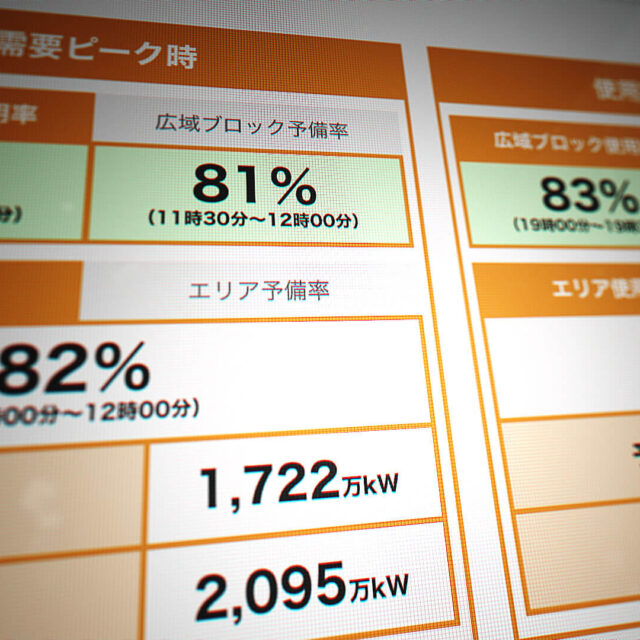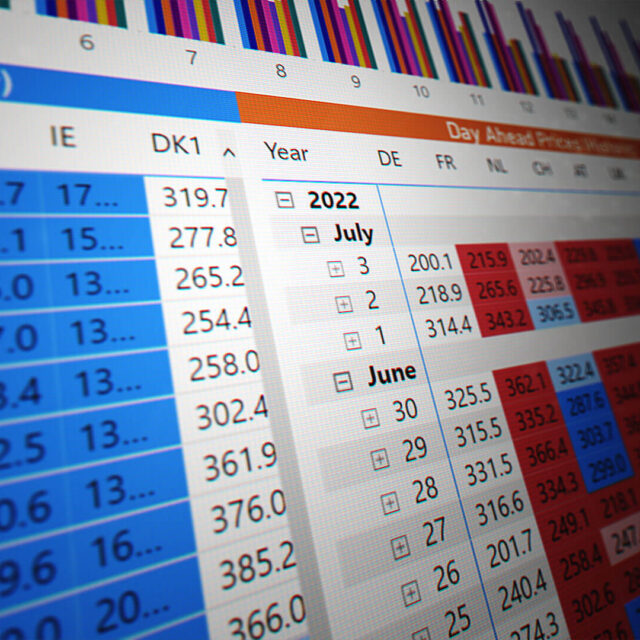
Author: Det nye sort|
Denmark, March, 2022
The power trading company, Yggdrasil, is expanding its activities in the Japanese power market to include financial trading. The Japanese market is one of the company’s biggest markets, and the expansion is part of an ambitious growth strategy to keep adding new markets to the portfolio.
After a recent start of power trading activities in the Japanese market, the Danish-based company is set for exploring business opportunities in the Japanese power derivatives market. The Japanese market is one of the largest in the world, and Japan’s energy consumption corresponds to a third of Europe’s total consumption.
It is a combination of market knowledge, enormous amounts of predictive weather data, market potential, and successful power trading in the markets that made the company decide to start financial trading in Japan.
“We have great insights about what the weather will be like within a week or two, and we are quite good at predicting the electricity prices in the short end of the market. Financial trading in Japan is the obvious next step because we can utilize our market knowledge”, says Lars Weber, Business Developer at Yggdrasil.
A deep understanding of how the recently liberalized energy market in Japan is organized has also been decisive. It took Yggdrasil two years before they were able to trade the first MWh. The Japanese market was difficult to enter because of language barriers, a time difference of seven or eight hours, and cultural differences. During the entry process, a lot of knowledge about the market was accumulated.
“Entering a country’s power market has to be done only once, so to speak. After two and a half years, we have detailed information about the market regulations, we know the authorities, and we have all the relevant contacts. Whether you want to trade electricity or derivatives, some of the barriers remain”, he continues.
In the power market, electricity is bought and sold on the power exchanges. In the power derivatives market, the expected prices are traded. Owning a derivative, you guarantee to either buy or sell at a set price in a specific timespan. The profit or loss is the difference between the price on the derivative and the realized market price. Derivatives can be traded in timespans from one week and up to a year.
“We are trading short-term only, as we consider it too risky to try to predict any weather phenomenon further than a couple of weeks ahead. We are doing quite well in Japan, and with our insights about the weather and the Japanese power market, we have great expectations for the derivatives market”, Lars Weber finishes.
Yggdrasil’s business model is purely data-based. Algorithms analyse vast amounts of historical data about the electricity prices and the weather; future electricity prices are predicted by combining the data with the weather forecast.



